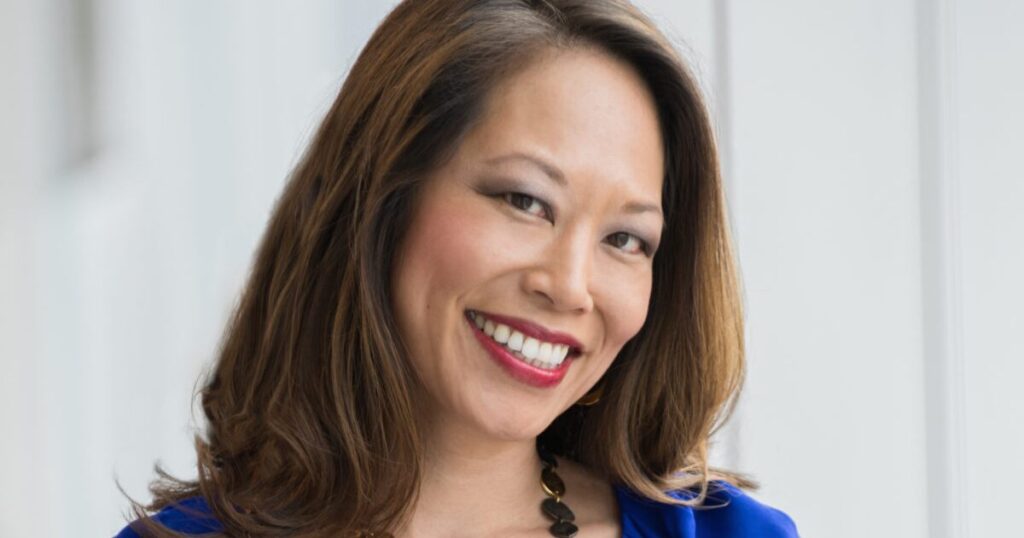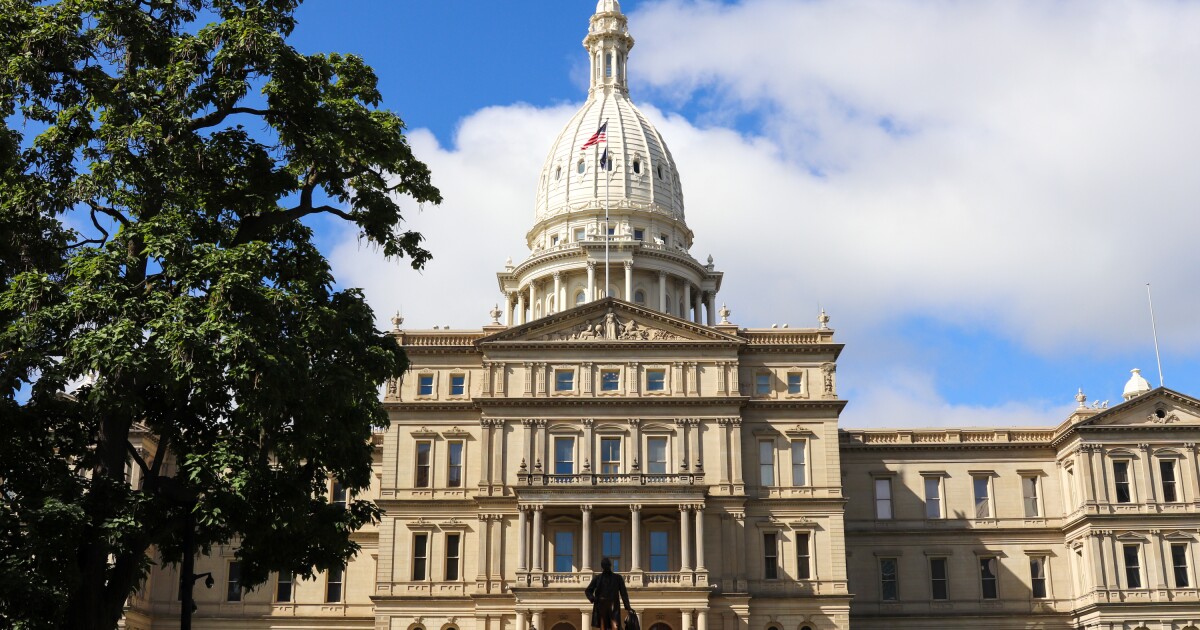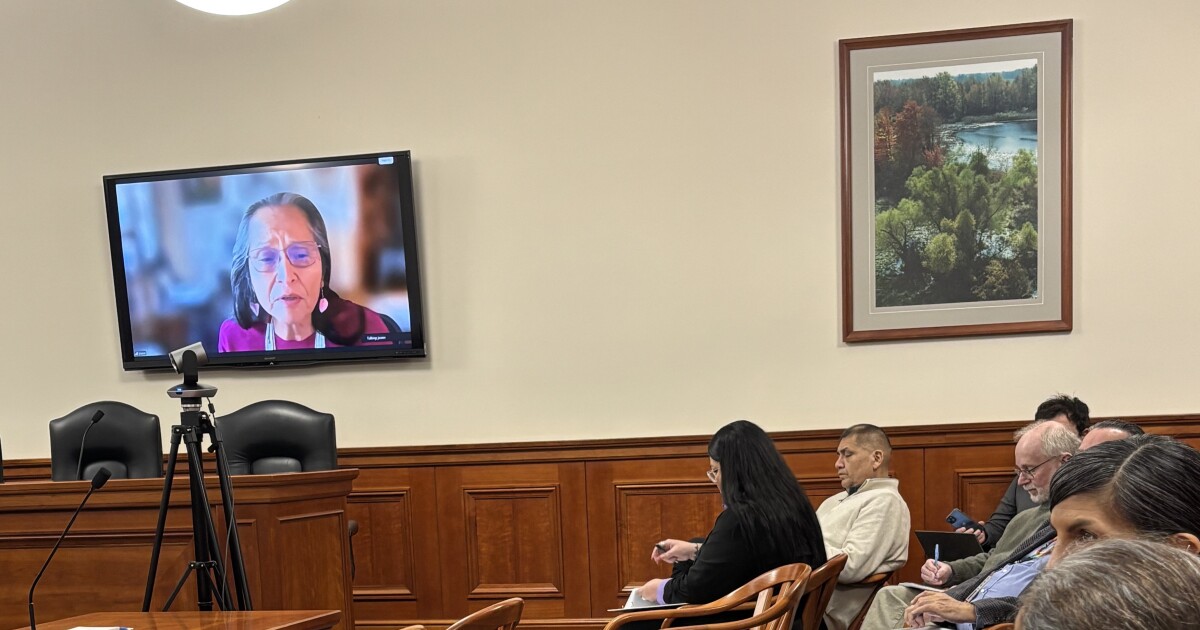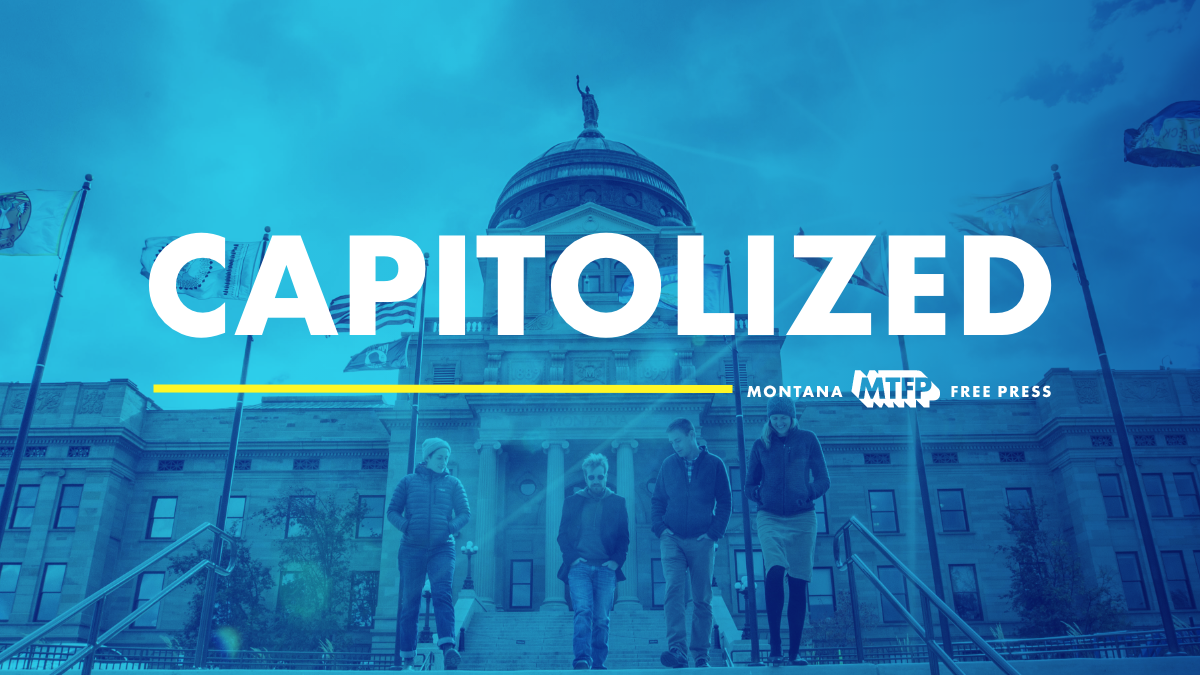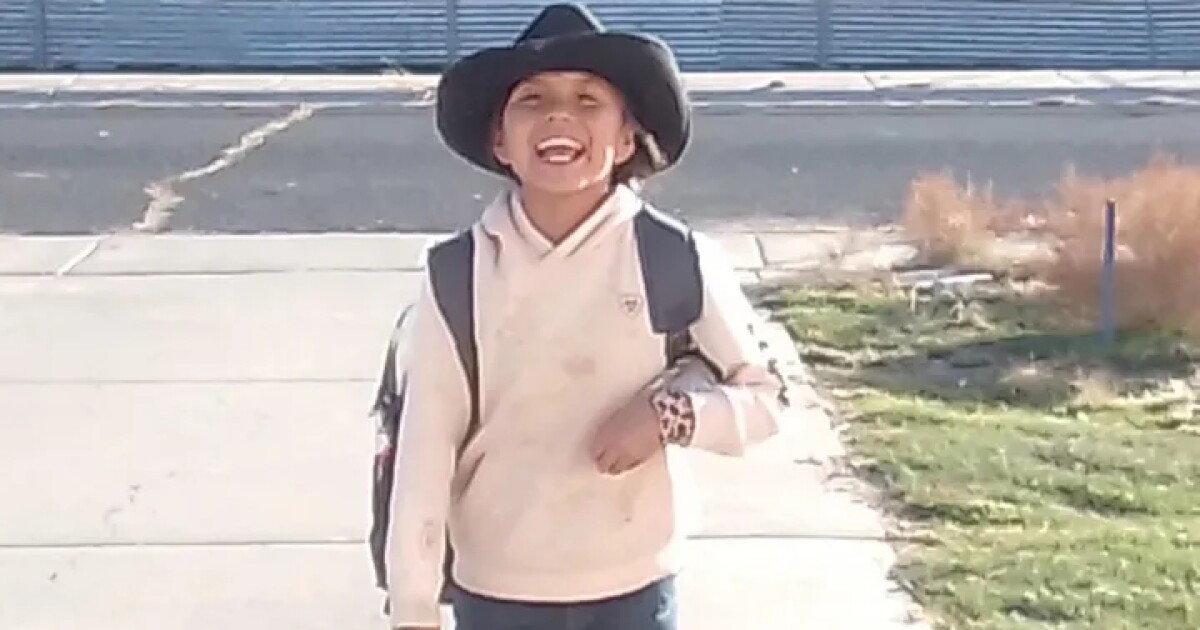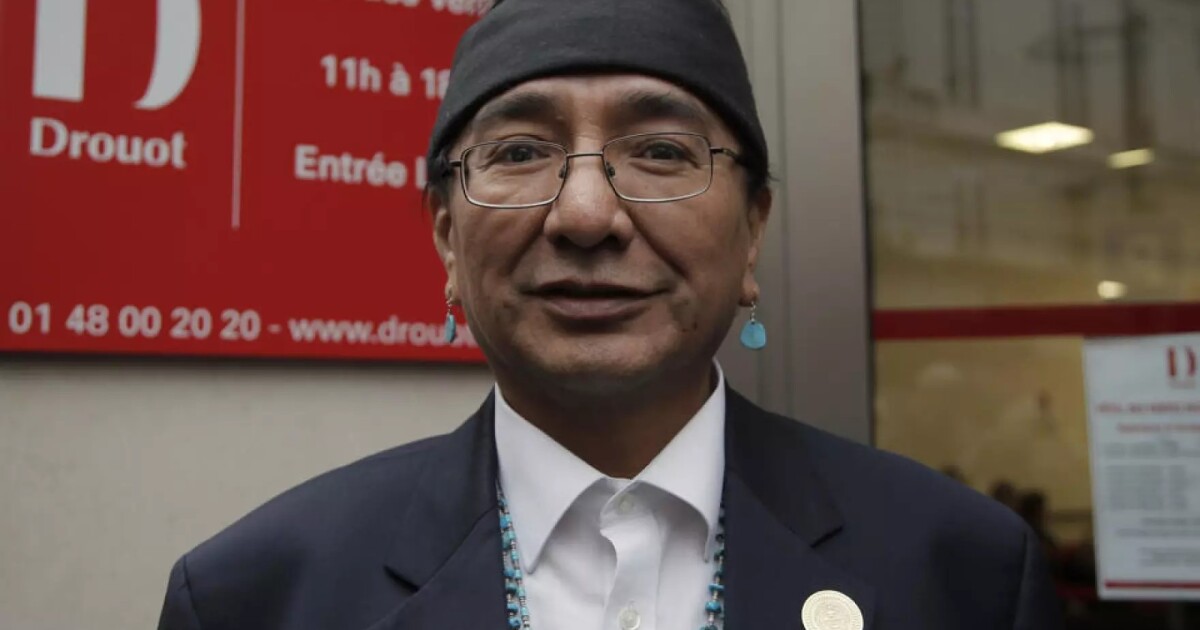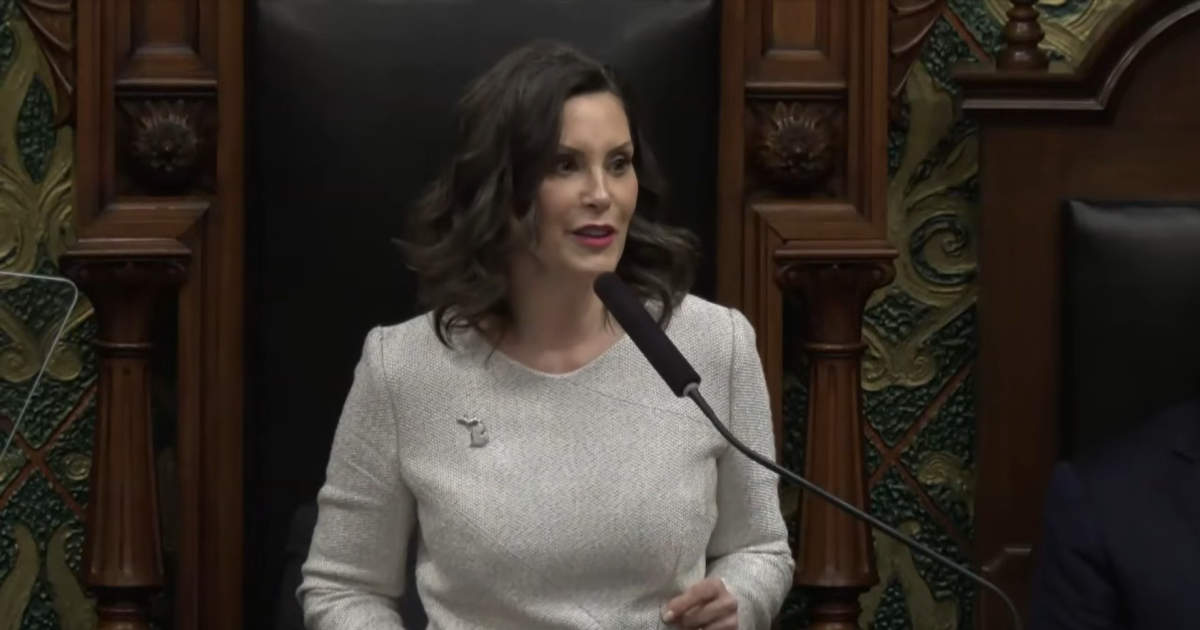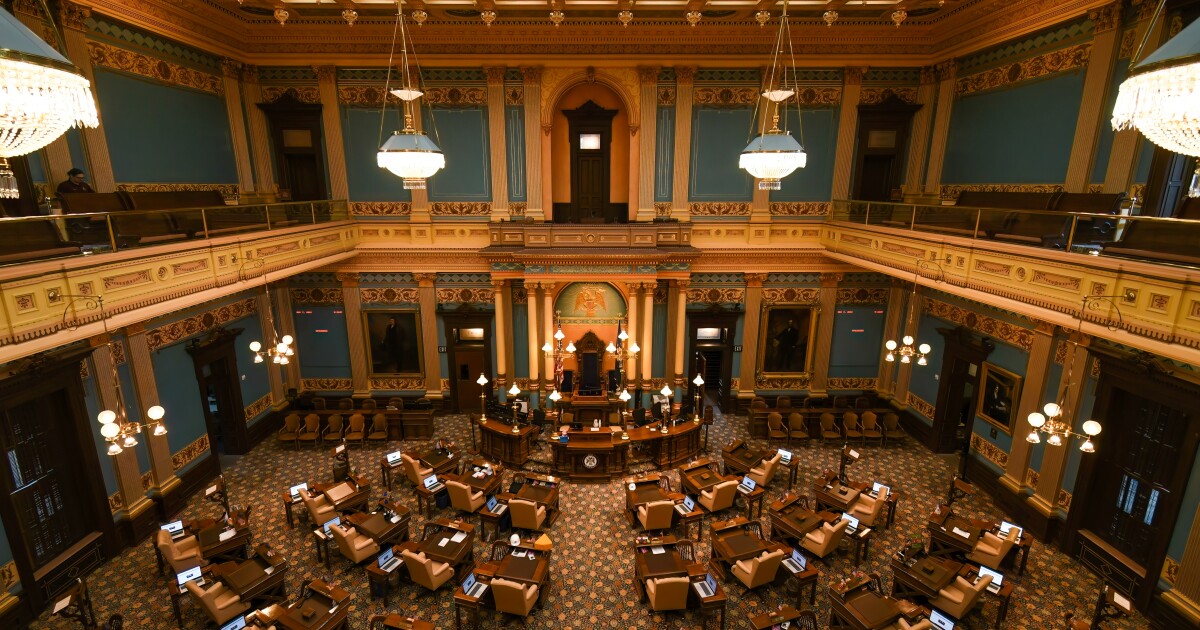Ailsa Chang, co-host of NPR’s All Things Considered, embodies a journey from the legal world to the realm of public radio, driven by a quest for meaningful storytelling. Her path reflects a profound belief in the power of audio journalism and NPR’s role in American society.
Ryan Heinsius: Can you share how you began your journey in public radio? Was there a pivotal moment for you with NPR?
Ailsa Chang: It unfolded over a season in 2006. Around that time, I was a dissatisfied lawyer in San Francisco, and after five years, I decided to leave my job without a clear plan. I ended up at KQED, the NPR station in San Francisco, as an unpaid intern. My intention was not to dive into public radio but to be around people who seemed smart and genuine.
At KQED, I worked on a show called Forum with Michael Krasny, where I booked guests and conducted pre-interviews. It was in this role that I discovered my passion for interviewing. By autumn 2006, I realized that this was the direction I wanted to pursue.
What we do is a privilege. We have the opportunity to delve into any story, ask questions, and understand different perspectives. The human connection inherent in radio makes it distinct from other media forms.
I truly love what I do. There’s nothing I’d rather be doing.
RH: What contributes to NPR’s ability to deliver high-quality journalism consistently? It seems quite extraordinary.
AC: It boils down to the people involved. Public radio is filled with earnest, sincere individuals who take their work seriously. We strive for fair and balanced reporting, constantly evaluating our biases and ensuring our content is thoroughly edited. The dedication and authenticity of everyone at NPR are what drive the quality of our journalism.
RH: With federal funding cuts threatening NPR member stations, particularly in rural areas, what are the potential consequences?
AC: The loss of these stations is particularly concerning in rural areas, where news deserts exist, and public media might be the only source of news. We also provide crucial emergency broadcast signals, which are essential during natural disasters or urgent situations. NPR has allocated around $8 million to support struggling stations, but this is not a long-term solution. Our extensive network allows us to cover a range of stories, from local to global, providing a vital link for communities.
RH: In a fractured media landscape, how does NPR maintain its relevance and continue to produce high-quality journalism?
AC: People need unbiased, thoroughly reported news. In a world with increasingly siloed news consumption, NPR’s commitment to fair reporting becomes even more crucial. Our mission is to provide truthful information that helps people make informed decisions. Radio, through its focus on human connection and conversation, fosters understanding and dialogue, which is vital for societal cohesion.
RH: It has been a pleasure speaking with you, Ailsa. Thank you for your insights.
AC: Thank you, Ryan. It was a joy to chat with you.
—
Read More Arizona News

